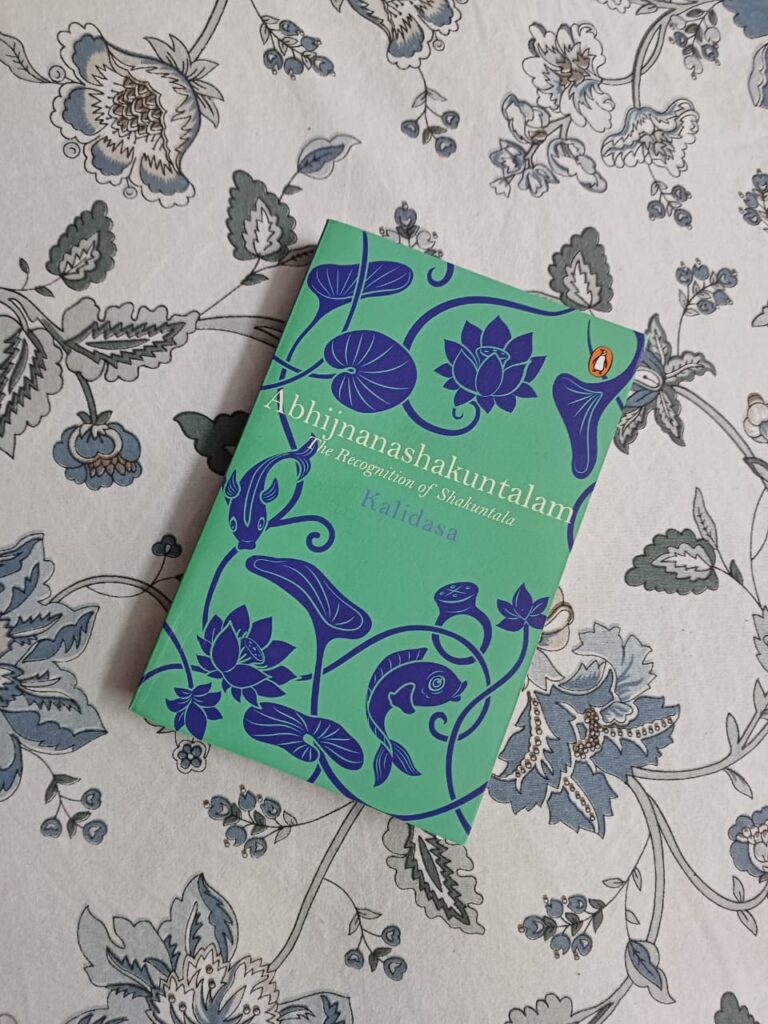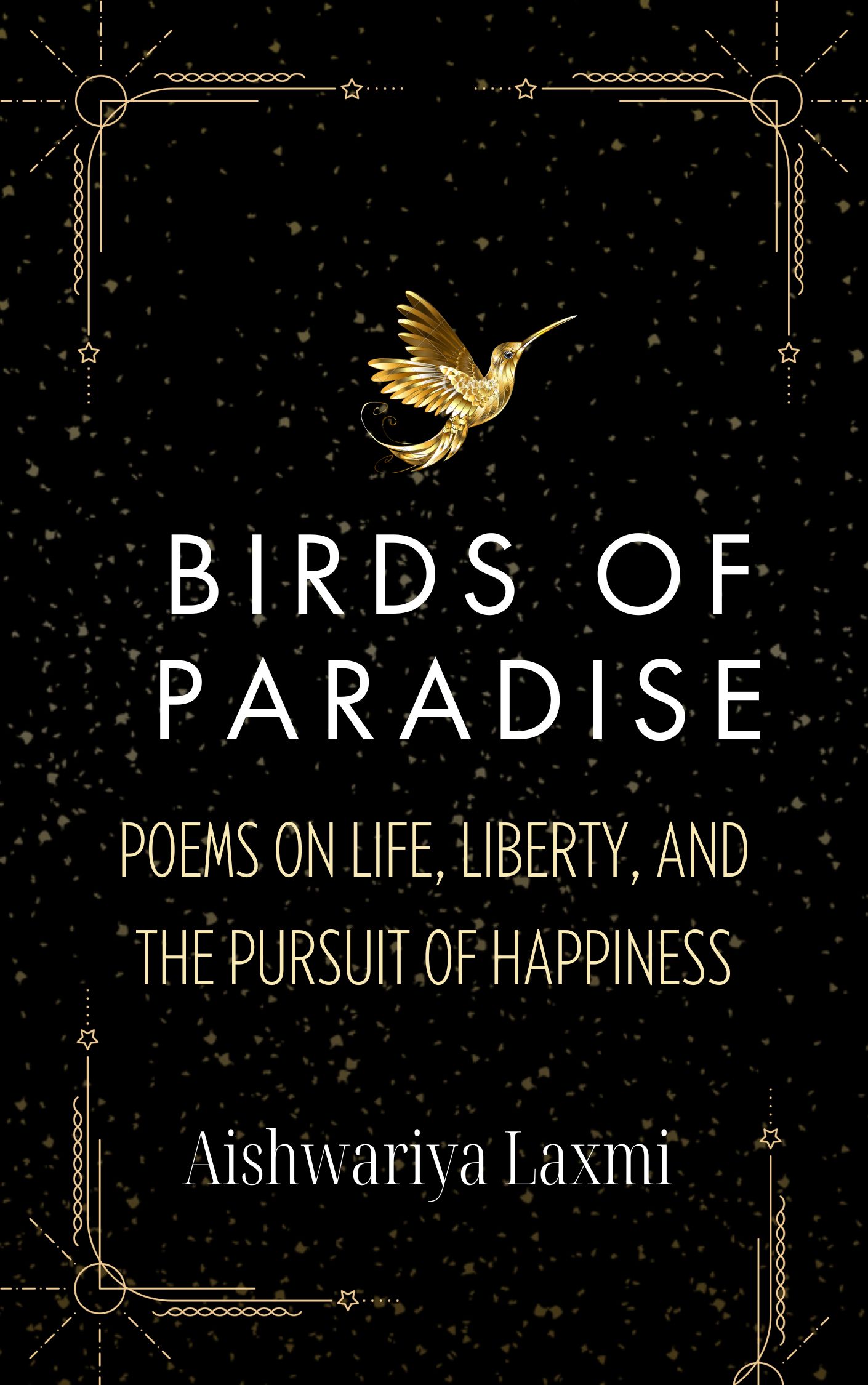Book Review by my dad K.S.Loganathan
Abhijnanashakuntalam (The recognition of Shakuntala) is Mahakavi Kalidasa’s most famous poetic drama, which endures as the major Indian literary effort of any period. It is also the world’s first full-length romantic play in Sanskrit/Prakriti, which has been staged in India over the centuries in its Devanagiri, Kashmiri, Bengali, and Southern versions in various folk-art forms. It was not until the fourteenth century CE, that is a thousand years later that Chinese opera and the Shakespearean drama emerged in other parts of the world. Following William Jones’ translation of Kalidasa’s play in English in 1789 and the later translations into other European languages, its popularity continues in stage performances across the world and in modern media, such as film, television, video, and audio recordings.
The play recasts an episode from The Mahabharata into ‘the validating creation of a civilization’ in the classical period of Vikramaditya, considered as Ancient India’s Golden Age. In the play, King Dushyanta has a tryst with the maiden Shakuntala in a hermitage, but following a curse by Sage Durvasa, spurns her in her pregnant state only to ‘recognize’ and reunite with her and their son seven years later. The child becomes the Emperor Bharata (after whom the country is named.)
In the Adi Parva of the Mahabharata, it is stated that though Dushyanta fully recognized Shakuntala when she arrives at the palace with the ashram people, he disclaimed all knowledge of her. By adding the device of Sage Durvasa’s curse, which is known neither to Dushyanta nor to Shakuntala to account for the former’s loss of memory, Kalidasa helps retain the many virtues of the king and shows him in a more favorable light.

Pic of the book cover
Shakuntala’s gradual transformation from a spontaneous and infatuated adolescent to a strong-willed, indomitable mother without losing her composure or integrity is remarkable. Gurudev Tagore says “Kalidasa has made the physical union of Dushyanta and Shakuntala tread the path of sorrow, and thereby chastened and sublimated it into a moral union. Hence, did Goethe rightly say that Shakuntala combines the blossoms of the spring with the fruits of the autumn. It combines heaven and earth. Truly, in Shakuntalam, there is one Paradise Lost and another Paradise Regained.”
In this drama, love has become eclipsed and the action takes place in the celestial, spiritual, and earthly planes. When at last the lovers find happiness, it is to come down to earth rather than ascend into the cherished heaven.
Kalidasa fuses myth and romance, fantasy and fable, realism and idealism, earth and cosmos, to craft a drama whose outer body is constituted of happiness but with an inner, tormented soul. The seven parts of the play are symmetrically laid out. Acts I – III build up the tryst, while Act IV depicts Shakuntala’s tearful departure from the hermitage. Acts V and VI show her despair and the king’s remorse respectively at the turn of events. The device of a ‘ring of memory’ ensures the king’s contrition. Only in modern times, it has been recognized that the faculties of cognition and memory are interconnected; Kalidasa has shown that a cognitive act creates a specific memory, the loss of which is compensated by a process of re-cognition that is captured in the title. In addition, his allusions in the play to astronomy and law make it a perpetually modern classic.
The play has over 50 speaking characters in different Sanskrit/ Prakriti dialects with 191 verses. While Dushyanta delivers 108 of them, Shakuntala speaks only a few. In Act VII, Shakuntala refuses to wear the ring again on her finger saying “I have lost all faith in it. My Lord should himself wear it now.” Kalidasa’s plot projects Bharata as the child of two ideal lovers who both conformed to the laws of ideal behavior at the time.
In the latest translation of Kalidasa’s work Vijay Dharwadker (Penguin Books, India) has included much information for theater practitioners to perform the whole or a part of the play to contemporary audiences. The movie ‘Shakuntalam’ starring Samantha Ruth Prabhu in the title role is now streaming on Amazon Prime.











